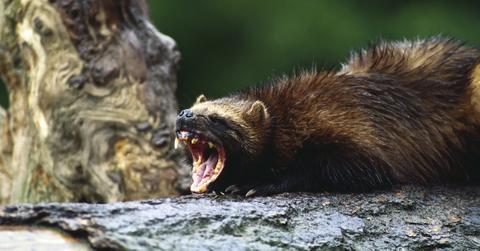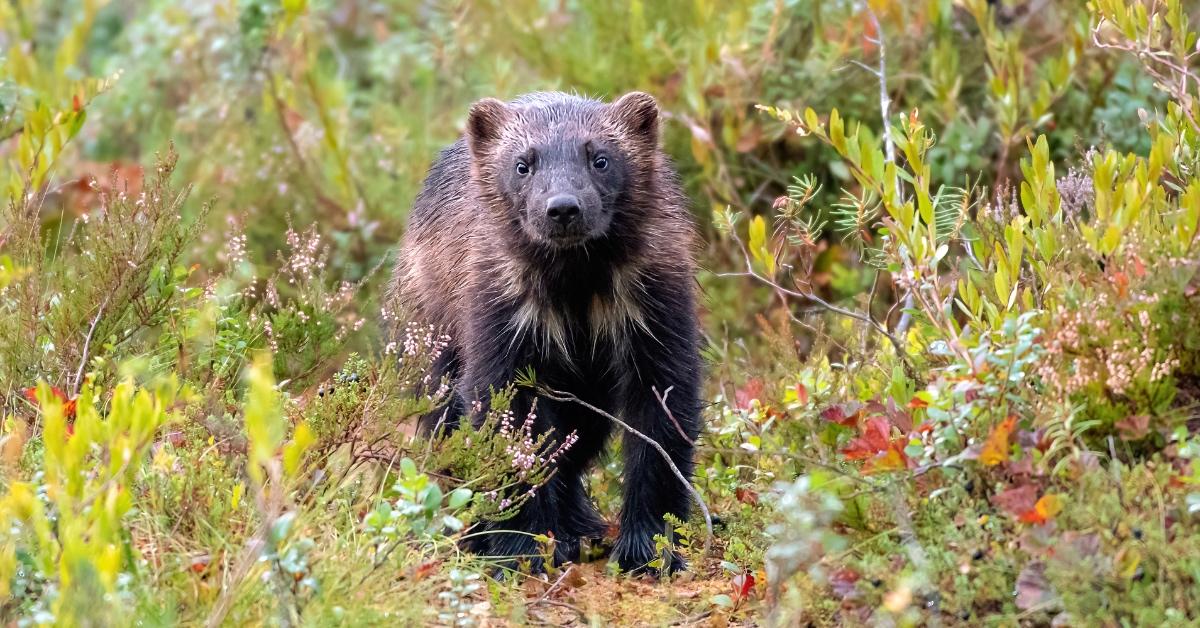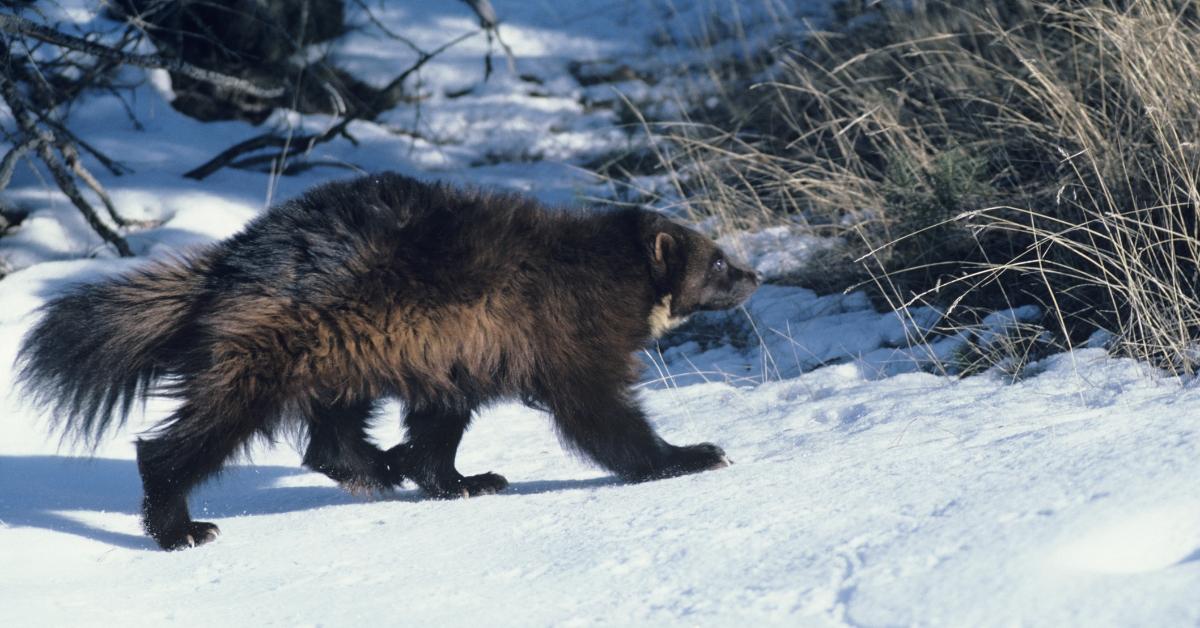Wolverines Have a Scary Reputation, but Are They Actually Dangerous?
Published Dec. 1 2023, 2:31 p.m. ET

The Gist:
- As of November 2023, wolverines are considered endangered in the lower 48 U.S. states.
- The biggest threat to wolverines is climate change, which is steadily destroying their habitats.
- Wolverines aren’t dangerous, just misunderstood.
Wolverines living in the lower 48 U.S. states are on the Endangered Species List, reported the New York Times in November 2023. While wolverines thrive in Alaska, in the lower 48 states of the U.S., there are only about 300 that primarily live in mountain areas in the West.
As the largest member of the weasel family, wolverines are often misunderstood as being mean, aggressive, and even dangerous. They are even referred to as “bad-tempered loners” in the book Mammals of North America by Vic Cahalane. But are wolverines dangerous? Here's what you need to know about these feisty (and maybe not-so-furious) creatures.

Are wolverines dangerous?
Wolverines can be territorial and solitary, but it’s a myth that they are dangerous. Alaska Fish and Game wildlife biologists Mike Harrington and Howard Golden explained the situation to the Alaska Fish and Wildlife News in 2014,
“A lot of myths about them are way overblown,” Golden said. “They’re not extra aggressive, they avoid trouble.”
Golden said that stories of wolverines fighting with bears or mountain lions aren't realistic. They'll protect themselves but aren't usually the aggressor. "You hear stories about them chasing bears off. I've never seen that happen or known anyone who has," he told Alaska Fish and Wildlife News.
In November 2023, wolverines were added to the Endangered Species list.
In a federal rule issued by the U.S. Fish and Wildlife Service on Nov. 30, 2023, the wolverine was designated as a “threatened species” because of the “ongoing and increasing impacts of climate change” on its habitat.
Wolverines depend on the snow in the mountains where they live to build their dens, raise their young, and store their food over the winter. However, the effects of climate change and warmer temperatures mean less snow for them to make their homes in, the Washington Post reports.
“As global warming starts to move the snow line up the mountain, it begins to expose some of these wolverine dens,” biologist Jeff Copeland with the Wolverine Foundation told the Post.
“The science shows that wolverines have been hit hard by climate change and habitat loss,” said Andrea Zaccardi, legal director of carnivore conservation at the Center for Biological Diversity, in a statement to Green Matters. “These elusive, snow-loving mammals need federal protections to get them on the road to recovery.”

According to the Fish and Wildlife Service, the wolverine protection rule exempts federal and tribal biologists who “take” a wolverine for scientific research, lawful trapping that unintentionally harms a wolverine, and wolverines accidentally hurt during forest management activities done to reduce the risk of wildfires.
According to the Associated Press, in 2020, during the Trump administration, protections for the wolverines were shot down by lawmakers. But two years later, a federal judge sent the issue back to the Fish and Wildlife Service to be reassessed.
Those against the protections for wolverines claimed such protections could inhibit recreational activities like skiing and snowmobiling in areas where wolverines live.
Hopefully, with the new protections in place, the wolverine population will be able to recuperate and thrive in the years to come.